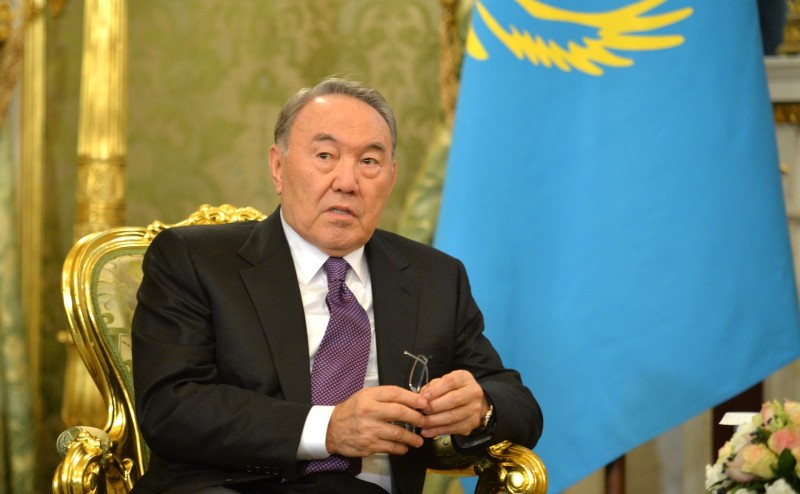Kazakhstan's Senate unexpectedly passed an amendment to the law on state secrets on Thursday, expanding its scope from protecting the life and health of the incumbent president and his family to also covering the lives of former presidents and their families.
The amendment is now awaiting the president’s signature. If approved, it would make it impossible to investigate or disclose information about long-time leader Nursultan Nazarbayev, who governed for three decades, and his family.
Critics warn the change could further limit press freedom and investigative journalism in the country.
Political scientist Dimash Alzhanov says that both current President Kassym-Zhomart Tokayev and Nazarbayev now benefit from the law.
“No access to information about family members is the key part of the amendment and it is equally important for both Nazarbayev and Tokayev,” Alzhanov told OCCRP. “Since the president is in charge of protecting state secrets, this information will be concealed at least for the period of Tokayev's rule.”
Nazarbayev and his family were previously shielded by legal privileges, including laws prohibiting criticism and a constitutional clause protecting their “honor and dignity.” Following large-scale protests in January 2022, some of these privileges were repealed, though constitutional protections remain for former presidents.
Experts have raised concerns about the amendment's implications.
Lawyer Gulmira Birzhanova argues it conflates personal privacy with state security, calling the legal framework "absolutely wrong." She noted that international standards, which prioritize public interest in matters involving public figures, are not applied in Kazakhstan.
"This is a dangerous trend," Birzhanova said, highlighting that revealing state secrets carries penalties of up to five years in prison. She warned the amendment could threaten investigative journalists and social media users who share their work.
The Senate bundled the amendment with unrelated changes to the country's education savings system. The bill now heads to President Tokayev, who has 15 working days to either sign it into law or return it to Parliament.






